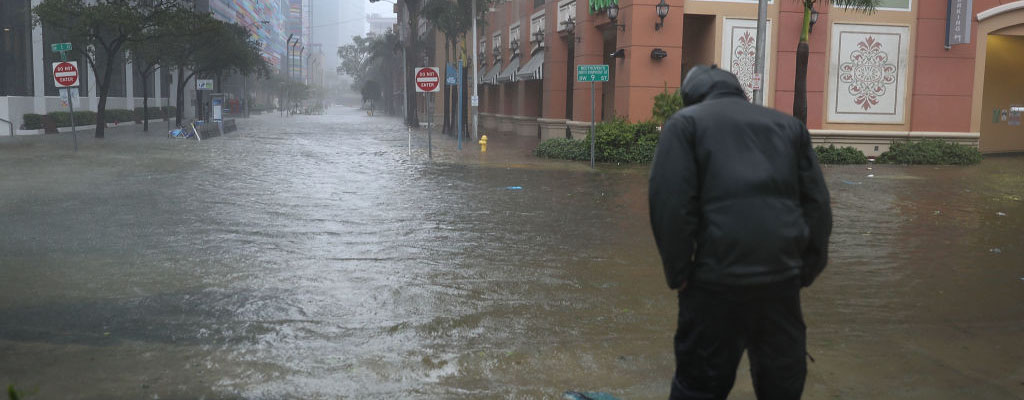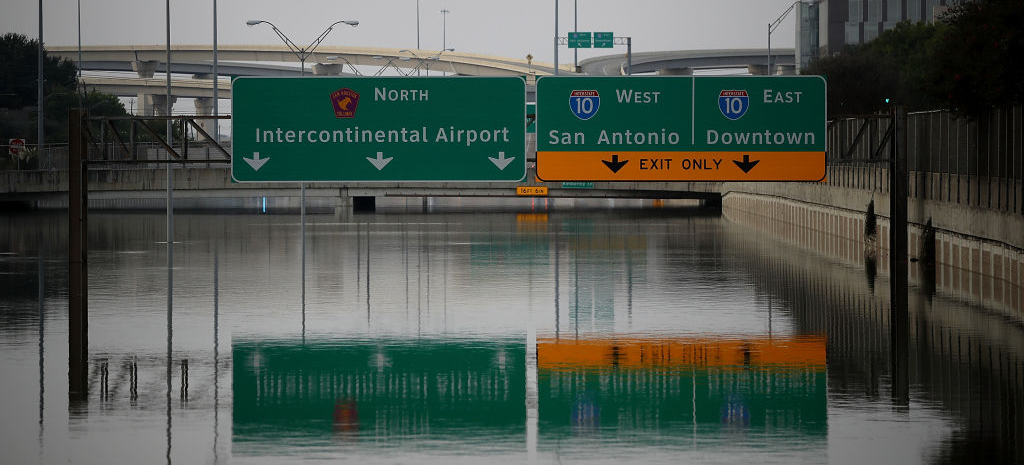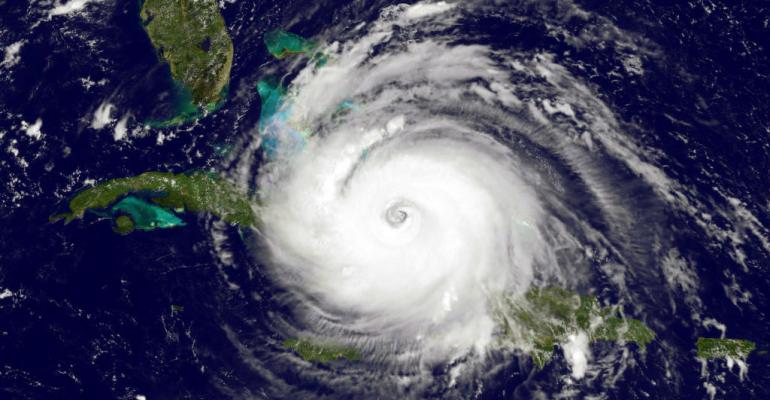The people of Texas and Florida are on my mind in the wake of Harvey and Irma. These storms and their aftermath are causing me to feel somewhat helpless. We can (and should) donate to the extent we are able, but what else can we as meetings professionals offer? I’ve lived through a handful of disasters myself, and while these storms’ wrath may be unprecedented, the lessons for our business and personal lives, as well as our role as event professionals, remain consistent:
Business continuity and disaster plans must be taken seriously, as the power of Mother Nature (or unfortunately man-made scenarios as we have seen all too often lately) can impact any of us at any time.
Business: Most large enterprises complete a company-wide planning exercise every year, but do you truly know the procedures that apply to your business unit and do you have contact info for your colleagues accessible?
Events: Meetings are like small businesses in their own right. While we often talk about the need for risk planning, how many of us have taken the time to walk through all the scenarios and have documented and communicated plans in place? Certainly, the more thorough the plan, the better, but having something high level outlined and discussed is better than nothing at all. Ready.gov is a good place to start if you’re at square one. Connect with your security personnel, too.
Personal: Do you have a family action plan in place? Where will you meet? How will you connect if cell phones aren’t working? What valuables will you protect if time allows?
Digital solutions—when implemented properly with back-up and security—enable the best long-term business continuity procedures. But, if digital solutions aren’t accessible, do you have what you need in the short term?
Business: Are you complying with everything your company provides in this regard? (Appropriate electronic document storage and file sharing, network-access options outside the office, clean desk policy adherence, etc.) Do you have hard copies of key information you would need outside your office in case of an emergency?
Events: With online registration and meeting planning tools and mobile apps, many of us are moving toward paperless events, which is certainly beneficial when we have access to PCs and cell phones. Remember to have at least one hard copy master set of key documents to aid in tracking down all your attendees, vendors, etc.
Personal: Do you have your personal information secured digitally so that you can ease the burdens of a disaster? (Online password keepers, digitized documents, secure cloud backups, digitized photos and videos, etc.) Have you identified your most important items to take in the case of emergency and are they easily available/packable?
The power of our products cannot be underestimated. Working in the financial services or insurance industry, we talk about insurance and risk management products day in and day out with our clients and their clients, but are we behaving like the proverbial “shoemaker’s kids” when it comes to ourselves?
Business: Have we taken all the appropriate steps to protect our companies, our departments, and our employees from the various scenarios that can occur? The range is broad—from low-cost efforts like adding automated external defibrillators (AED) to offices, documenting and rehearsing procedures, and keeping emergency food and water supplies on hand, to full-on risk assessments, additional insurance coverages, and thorough business continuity and back-up plans.
Events: Make sure you know what aspects of your corporate or vendor partners’ coverage applies to your events, identify any gaps, and secure additional insurance when needed. For example, corporate travel and accident policies may not routinely cover guests/spouses on site, just employees.
Personal: Have you properly protected your family and property for the various risk scenarios and confirmed that your coverage is adequate and updated?
Ordinary people can do extraordinary things and truly make a difference. Helping comes in many forms—from rescuing babies off a rooftop with pool floats, to donating to rescue organizations, or going onsite to help the rebuilding process. Giving is a part of our culture and demonstrates that the worst of times can bring out the best in people. For some of us, it may be a step outside our comfort zone, but the rewards are well worth it and the benefits of giving come back to the givers in many ways.
Business and Personal: You can help, from contributing money, resources, or physical assistance to creating an ongoing culture of support for those in need in your own community.
Events: Taking a lesson from Hurricane Katrina. We know the road to recovery for Texas and Florida will be long. What role can meeting and event professionals play in helping this process? While some may shy away from bringing programs to an affected city due to infrastructure changes and challenges, the regions will need our business and our support. From relocating or redesigning current bookings to sourcing and planning new programs, how can we best meet our business objectives and help in these hard hit destinations? Is there a stronger role for community social responsibility components as part of our events or as an add-on voluntary effort we can spearhead?
Good judgement should take always precedence—no matter what the news and weather reports or guidance from leadership may be. Be prepared and take action based on what you see happening in your area. Do not wait for others to tell you what to do when you can safely, legally, and compliantly act on your own to implement a good solution. In true disaster scenarios, often there are no clearly defined lines of authority immediately onsite. People need to step up and act responsibly.
For those of you safe and sound (and dry), hold your loved ones close. And then, have the talk about how to prepare for the potential storms in our own futures (no matter what form they take).
This article is updated and reprinted with permission from the Financial & Insurance Conference Professionals FICP Blog.





